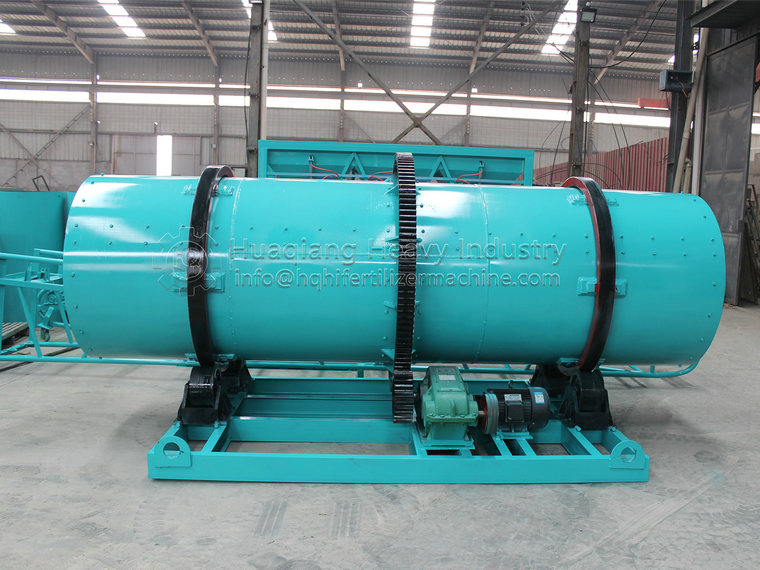When investing in organic fertilizer production projects, it is crucial to choose a suitable organic fertilizer granulator, which directly affects production efficiency, product quality, and the economic benefits of the enterprise. Here are some key factors to consider when making a choice.
Firstly, it is necessary to clarify one’s own production needs. Determine the production capacity of the granulator based on the planned production scale. If it is a small-scale production project with low daily output, a small and relatively simple structure granulator can be chosen. This type of equipment has a relatively low price, small footprint, and is easy to operate and maintain. For large production enterprises, it is necessary to choose large-scale granulators with strong production capacity and high degree of automation to meet the needs of large-scale production.
Secondly, consider the characteristics of the raw materials. Different organic materials have different characteristics such as humidity, viscosity, and particle size, which can affect the granulation effect. For example, materials with high viscosity are suitable for use in disc granulators or drum granulators, which can utilize the viscosity of the material to form particles during rotation; For materials with lower viscosity, a roller extrusion granulator may be more suitable, which uses extrusion to make the material into particles.
Equipment quality is also one of the key factors. High quality organic fertilizer granulators usually use high-quality materials and advanced manufacturing processes, with good stability and durability. When making a choice, the production qualifications, reputation, and user evaluations of the equipment manufacturer can be examined to understand the performance of their products in actual use.
The energy consumption of the granulator is also an aspect that needs attention. With the continuous rise of energy costs, choosing energy-saving granulators can effectively reduce production costs. Some advanced granulators adopt energy-saving technologies, such as high-efficiency motors and optimized transmission systems, which reduce energy consumption while ensuring production efficiency.
In addition, after-sales service cannot be ignored. A reliable equipment supplier should be able to provide timely and professional after-sales service, including equipment installation and commissioning, operation training, maintenance, and parts supply. Good after-sales service can ensure that equipment can be quickly resolved in case of problems, reduce downtime, and ensure normal production.
Finally, price is also an important reference factor when choosing a granulator. On the premise of ensuring equipment quality and performance, multiple comparisons should be made to choose products with high cost-effectiveness. But we cannot ignore other important factors just because the price is cheap, in order to avoid unnecessary trouble for later production. In short, choosing a suitable organic fertilizer granulator requires comprehensive consideration of the above aspects and careful decision-making.